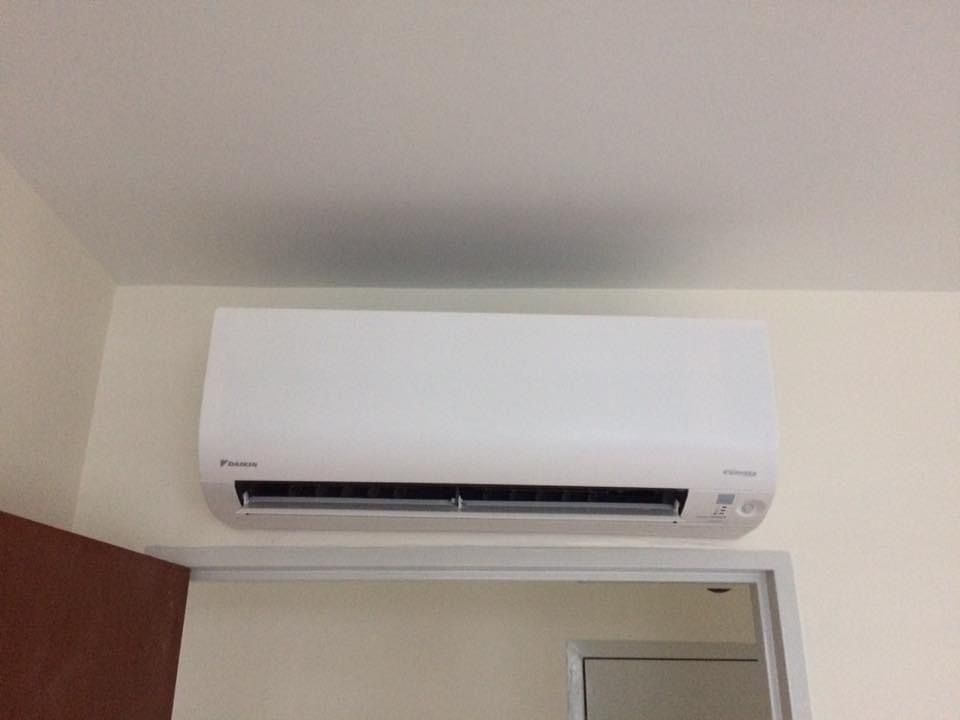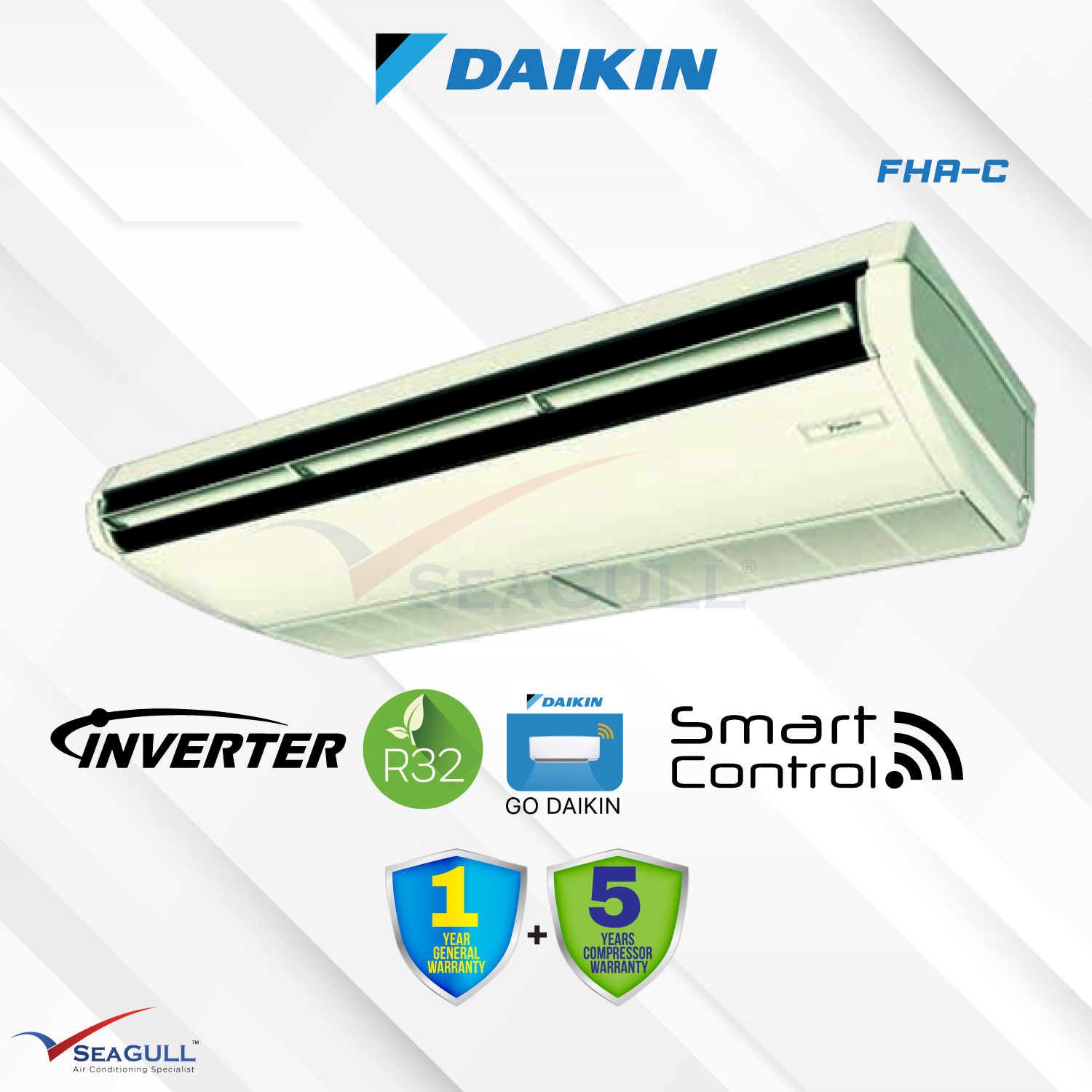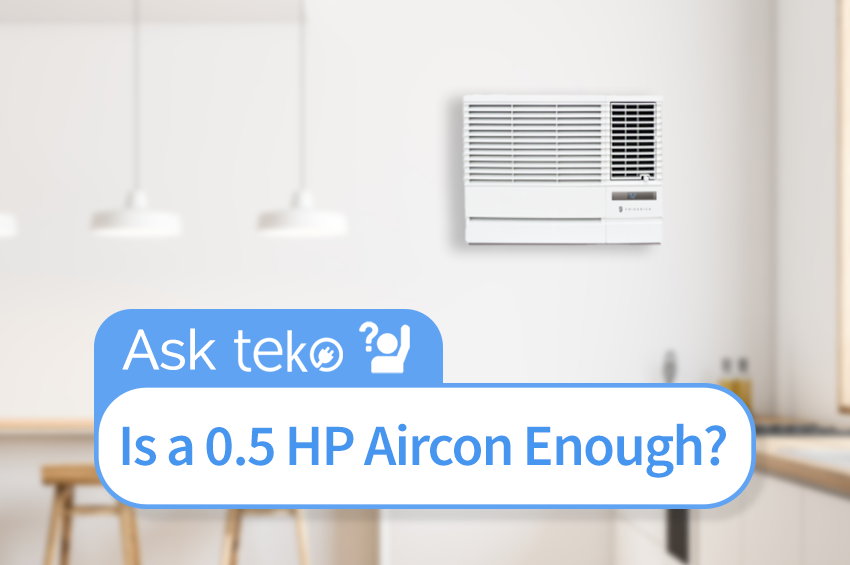Stunning Tips About Is A 3 Phase Aircon Cheaper To Run

Decoding the 3-Phase Air Conditioning Mystery
1. Unveiling the Truth Behind 3-Phase Efficiency
Let's be honest, when it comes to keeping cool, no one wants to throw money out the window. We're all searching for that magical sweet spot: effective cooling without the electricity bill giving us heart palpitations. So, you've probably stumbled upon the age-old question: Is a 3-phase aircon cheaper to run? It's a valid inquiry, and the answer, like most things in life, isn't a straightforward "yes" or "no."
Think of electricity like a highway. Single-phase is a one-lane road; good enough for smaller cars (your standard household appliances). Three-phase, on the other hand, is a three-lane highway, designed for big trucks and buses (larger commercial and industrial equipment). The question is, does driving that big truck automatically save you money?
To truly understand whether 3-phase air conditioning translates to savings, we need to delve into the inner workings of these systems and consider the specific context of their use. It's not just about the number of phases; it's about how efficiently that power is being utilized.
Ultimately, deciding on the right air conditioning system means weighing several factors, including upfront costs, potential energy savings, and the particular requirements of your space. This article breaks down the complexities to help you make the most informed decision. Let's get started!

Cheaper & Realiable New Aircon Installation, TV Home Appliances, Air
The Core Difference
2. Breaking Down the Technical Jargon
Okay, before your eyes glaze over with talk of volts and amps, let's keep this simple. Single-phase power is what you usually find in homes. It delivers power in a single, alternating current. Three-phase, however, delivers power in three separate alternating currents that are offset from each other. This provides a smoother, more consistent power supply, which is beneficial for larger motors and equipment.
Imagine trying to push a swing. Single-phase is like pushing once and then waiting for the swing to come back before pushing again. Three-phase is like having three people pushing at different times, keeping the swing moving smoothly and continuously. This smoother power delivery is where some of the potential efficiency gains come from.
The crucial difference lies in the power delivery. Three-phase systems are typically more efficient at handling high power loads. This enhanced efficiency stems from reduced voltage drop and lower current flow for the same amount of power. So, for larger applications, such as factories or large office buildings, three-phase can be a game-changer.
However, for the average household, with relatively smaller cooling needs, the advantages of three-phase may not be as pronounced. It's about matching the power supply to the demand. Think of it like using a sledgehammer to crack a walnut — overkill, right?

Daikin Ceiling Exposed FHAC Series Inverter R32 3.0HP (3 Phase
Does More Phases Mean More Savings? Examining the Efficiency Factor
3. The Efficiency Myth Debunked
Now, to the burning question: Does having three phases inherently translate to lower running costs? The honest answer: It's complicated. While 3-phase systems can be more efficient, it's not a guaranteed slam dunk. The efficiency depends on a few key factors.
First and foremost, the size and type of air conditioning unit matter. A large industrial chiller designed for three-phase power will almost certainly be more efficient than trying to run the same cooling load with multiple single-phase units. However, for smaller systems, the efficiency difference may be negligible, or even non-existent. A modern, high-efficiency single-phase air conditioner might very well outperform an older, less efficient three-phase model.
Another critical aspect is the load factor — how much of the air conditioner's capacity you're actually using. If you're running a massive three-phase unit at only 20% capacity, it's likely to be less efficient than a smaller, single-phase unit running closer to its optimal operating point. Air conditioners are designed to be most efficient within a certain load range.
Don't forget maintenance! A well-maintained single-phase air conditioner will always be more efficient than a neglected three-phase system. Regular servicing, cleaning, and prompt repairs are essential for keeping any air conditioning system running at peak performance. So, before assuming that three phases are the magic bullet, consider the overall health and condition of your equipment.

Weighing the Costs
4. The Financial Balancing Act
Let's get down to brass tacks: the money. While the potential for lower running costs with a 3-phase system is there, the initial investment can be significantly higher. Three-phase equipment often comes with a heftier price tag than its single-phase counterparts. Plus, if your building isn't already wired for three-phase power, you'll need to factor in the cost of upgrading your electrical infrastructure, which can be a substantial expense.
Think of it as buying a hybrid car. The car itself is usually more expensive than a standard gasoline-powered vehicle. However, the long-term fuel savings may eventually offset the initial cost. Similarly, with 3-phase air conditioning, you need to carefully calculate whether the potential energy savings will justify the higher upfront investment and any necessary electrical upgrades.
The key here is to do your homework. Get quotes from multiple HVAC contractors, compare the energy efficiency ratings of different models (both single-phase and three-phase), and factor in the cost of any required electrical work. Don't just assume that 3-phase will automatically save you money; run the numbers and see what makes the most sense for your specific situation.
Also, don't underestimate the value of professional advice. Consult with a qualified HVAC engineer or energy auditor to assess your cooling needs and recommend the most cost-effective solution. They can help you analyze your energy consumption patterns and determine whether a 3-phase system is a worthwhile investment.

Making the Right Choice
5. Navigating the Air Conditioning Decision Maze
So, you're still on the fence? That's perfectly understandable. Choosing the right air conditioning system is a big decision. To recap, here's a checklist of factors to consider before you jump on the 3-phase bandwagon.
First, assess your cooling needs. How large is the space you need to cool? What are the typical cooling loads? If you're only cooling a small apartment, a 3-phase system is likely overkill. However, if you're cooling a large commercial building, it might be a viable option.
Next, evaluate your existing electrical infrastructure. Is your building already wired for three-phase power? If not, what's the cost of upgrading? This can be a major factor in the overall cost-effectiveness of a 3-phase system.
Consider the energy efficiency ratings of different models. Don't just focus on the number of phases; compare the Seasonal Energy Efficiency Ratio (SEER) and Energy Efficiency Ratio (EER) of both single-phase and three-phase units. Choose the most efficient system, regardless of the number of phases.
Finally, don't forget about maintenance. Factor in the cost of regular servicing and repairs. A well-maintained system will always be more efficient and reliable than a neglected one. So, choose a reputable HVAC contractor who can provide ongoing support and maintenance.

3 PHASE AIRCON CONVERT TO SINGLE MIDEA YouTube
Frequently Asked Questions (FAQs)
6. Your Burning Questions Answered
We know you probably still have some questions swirling around in your head. Here are some of the most common FAQs about 3-phase air conditioning.
Q: Is 3-phase aircon always more expensive to install?
A: Generally, yes. The equipment itself is often pricier, and if your building isn't already equipped for 3-phase power, you'll need to factor in the cost of upgrading your electrical system.
Q: Will a 3-phase aircon significantly lower my electricity bill?
A: It depends! For large commercial or industrial applications with high cooling demands, a 3-phase system can lead to lower electricity bills due to its improved efficiency. However, for smaller residential applications, the savings might be negligible.
Q: What are the downsides of a 3-phase aircon?
A: Besides the higher upfront cost, 3-phase systems can be more complex to install and maintain. Finding qualified technicians with experience in 3-phase systems might also be more challenging. Moreover, for light loads, they might actually be less efficient than a well-chosen single phase alternative.